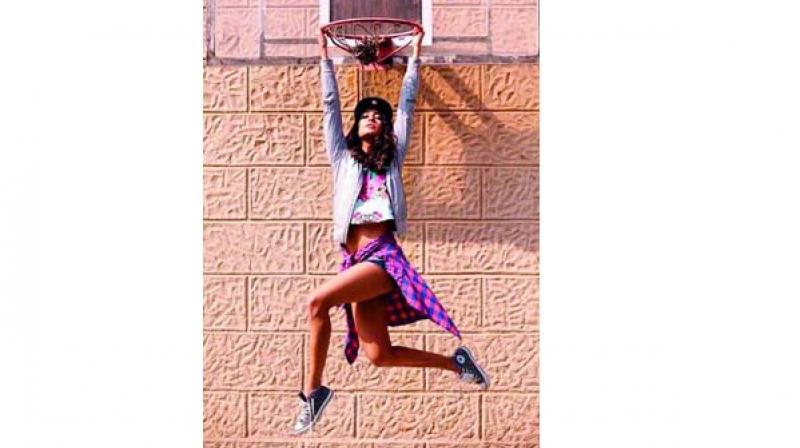Sexual comments are unacceptable

A woman’s sexuality has always been used as weapon against her — be it to curb her freedom in the name of safety or degrade her publicly. The latter has become a common day scenario now with the advent of social media. A public debate with a well-known female face always results in an inappropriate sexual comment as a comeback.
In a spat with MLA Kapil Mishra, Swara called out a derogatory comment laced with sexual innuendos. Mishra tweeted in Hindi, “Aapki ungli badi der se free hui Twitter ke liye. (It took quite a while for you fingers to find time for Twitter),” to which Bhaskar slammed him, “This pervert is an elected representative of our country. Gross (sic)!’
Why is a woman’s sexuality considered such an easy target that can be used by men to demean them? Swara is of the opinion that this behaviour is reflective of an embedded misogyny which has plagued the society. “The only way they know how to attack a woman is to make a sexually derogatory comment in an attempt to shame her for her sexuality and gender. MLA Kapil Mishra’s comments are a classic example of the same,” she says.
Other forms of sexually degrading tactics are circulating morphed images, explicitly detailed rape threats, and hacking private accounts to circulate nude or private images of women.
Previously student leader Shehla Rashid was forced to deactivate her Facebook account when she opined about a case of inter-religious marriage. Not only did the rape threats pour in, trolls from both the religious ends explicitly commented on her sexual relations with men of the other religion.
Similarly, when Lisa Haydon had uploaded a picture of herself, doing pull-ups from a basket ball ring, actor Kamal R Khan tweeted on the picture, “Yar @HaydonLisa should I sit down n watch you?” The actress hit back, “Ive been told it doesn’t get much lower than you @kamaalrkhan Still need a chair? #LowLife (sic)”
But how is one to tackle such incidents, especially online where a flurry of trolls add fuel to the fire. “It’s not about conversing with abusive trolls — many of them are sadly Twitter verified. It’s about staking a claim to a public space — even if it is virtual and making the point that it’s not okay
to abuse and hate on women (and men) because they don’t agree with your bigotry. And well, thick skin,” she concludes

